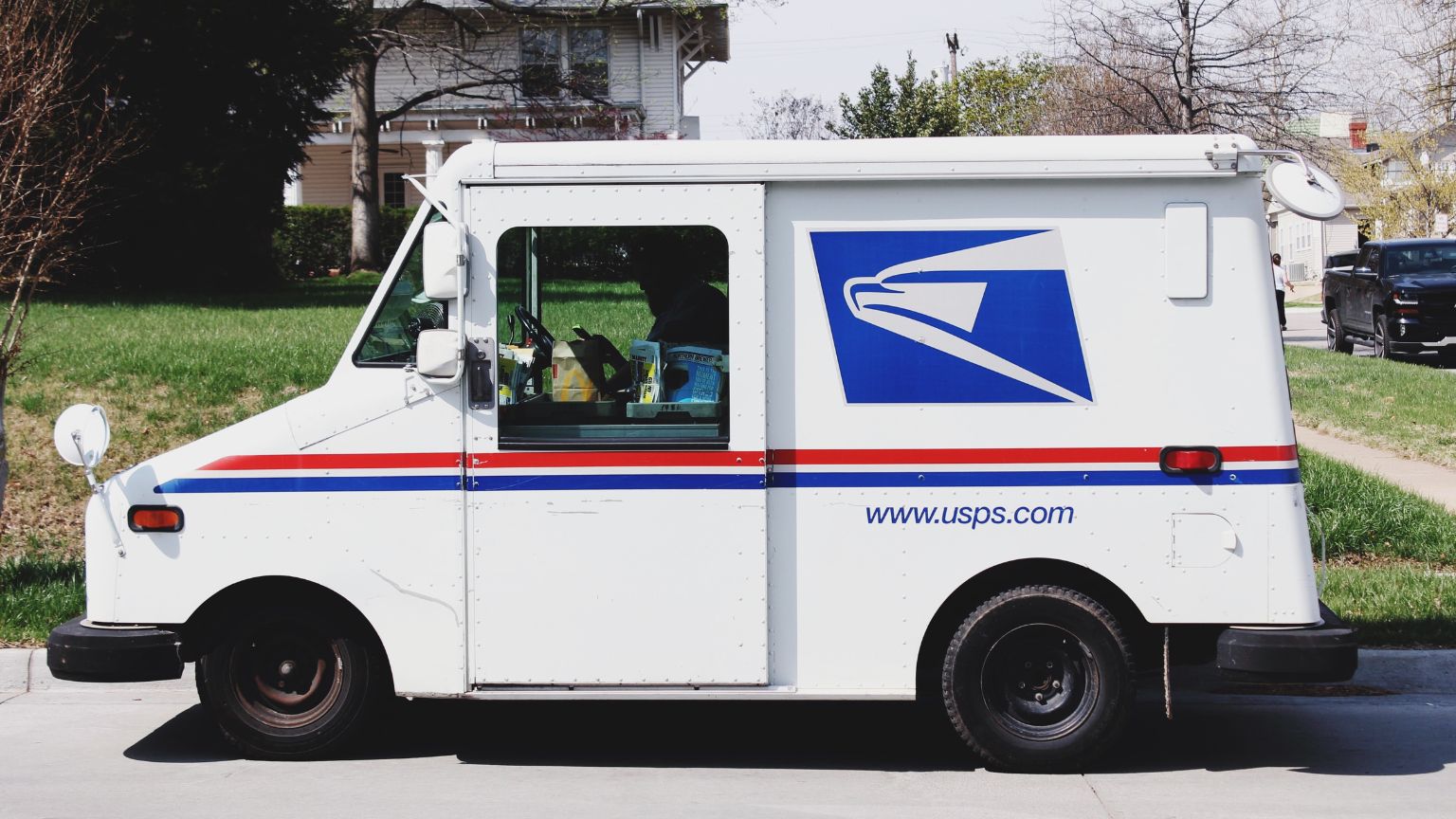The US Postal Service surveilled protesters across the country, according to heavily redacted documents obtained by Patrick Eddington, a senior fellow at Cato Institute, through a Freedom of Information Act request.
According to the records, between September 2020 and April 2021, postal inspectors spied on protests, including through a covert social media surveillance program dubbed the Internet Covert Operations Program (iCOP).
The inspectors spied on conservative groups that marched to DC following President Biden’s election, protests in Louisville, Kentucky, following an investigation into the death of Breonna Taylor at the hands of the police, and gun rights activists in Richmond, Virginia.
According to Eddington, the records show the extent of the USPS surveillance efforts, which are capable of reaching every business and home in the US.
“The Postal Service cannot reliably deliver mail to my own home, yet they can find the money and people to effectively digitally spy at scale, including on Americans engaged in First Amendment-protected activities,” Eddington told the Washington Times.
One of the documents Eddington obtained was a redacted situational awareness bulletin from a social media analyst in 2020 that said that Louisville was in a state of emergency in anticipation of the state’s investigation into Taylor’s death.
The social media surveillance program also concluded that a “Million MAGA March” would cause traffic jams in DC, Virginia, and Maryland.
Most of the bulletins by the postal inspectors included disclaimers that the reports are not supposed to violate human rights, the intention is to make law enforcement aware of potential criminal activity and violence.
The US Postal Inspection Service defended its surveillance of Americans, arguing that its inspectors are federal law enforcement officers tasked with protecting USPS employees, customers, and infrastructure.
“The U.S. Postal Inspection Service occasionally reviews publicly available information in order to assess potential safety or security threats to Postal Service employees, facilities, operations, and infrastructure,” the agency said in a statement.
However, last year, the USPS inspector general said that the surveillance was an overreach and potentially illegal. The institution faced backlash over its covert program to scan citizens’ social media accounts for “inflammatory” content.
The Kentucky representative Thomas Massie expressed his concern over the USPS’s move. “The USPS has been losing money for many years … so where do they find money to run this surveillance program?”








